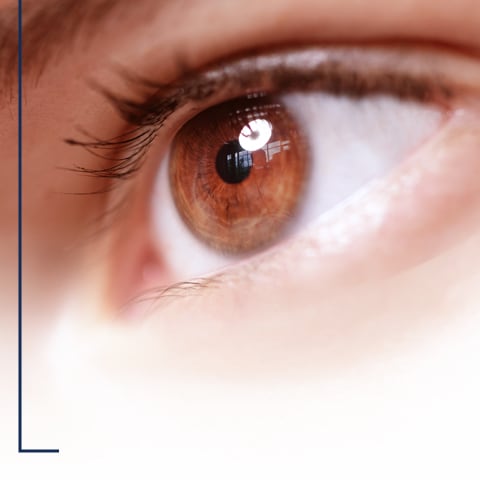Medically named as epiphora, watery eyes, can be caused by many things. This can range from the physical environment to an individual’s underlying health issues. Here are a few reasons why your eyes may be watery.
1. Dry Eye Disease
Believe it or not, dry eyes can cause your eyes to water. When the eyes are dry, the body tends to overcompensate for this dryness by creating an excessive number of tears. As a result, the eyes start to water. Dry eyes can be caused by many things including the physical environment, specific medications, underlying health conditions and excessive screen time.
2. Blocked Tear Ducts
Tear ducts are small openings in the eyes that allow for the drainage of tears. Tear ducts can become blocked due to infection, inflammation or trauma to the eye. When the tear ducts are blocked, the tears have nowhere to go and overflow which causes watery eyes.
3. Allergies
Allergens are all around us. Allergens can range from a variety of sources including but not limited to dust, pollen, make-up and skin products. Allergens can cause an allergic reaction which causes the eyes to become red, itchy and watery. The eyes water during allergic reactions to flush out the allergens irritating the eyes.
4. Eye Infections
Conjunctivitis, more commonly known as pink eye, can cause the eyes to be inflamed and tear up. Common causes of pink eye include viruses, bacteria and fungi. Although each cause may show the same symptoms of redness, discharge and watering, they all require a different type of treatment.
5. Corneal Irritation
The cornea has one of the highest concentration of nerves in our body which also makes it one of the most sensitive parts of our body. As a result, any sort of irritation like a scratch, foreign body, smoke or dust can lead to the eyes excessively tearing to help clear the irritation.
6. Eyelid Issues
When the eyelids are positioned incorrectly, either inward or outward, the tears have nowhere to drain and as a result overflow. This can lead to excessively watery eyes.
7. Refractive Errors
When a person with nearsightedness or farsightedness is not wearing the correct glasses or contact lens prescription their eyes can become strained. When the eyes are strained, they can start to water, especially during activities that require intense focus.
8. Environmental Factors
The surrounding physical environment can play a large role in causing watery eyes. Factors such as wind, bright lights, temperature, pollution or low humidity can cause the eyes to reflexively tear up. Using protective eyewear like sunglasses can combat these environmental factors and decrease the amount of tearing.
9. Contact Lens Use
If a person overwears their contact lenses or use poorly fitting contact lenses, their eyes can become irritated and start to water.
Diagnosis and Treatment
It’s important to understand the exact cause of your watery eyes. Talking to an eye care professional and doing a comprehensive eye exam can help you determine the cause and get the right treatment for your watery eyes.
Treatments can include any of the following:
- Artificial tears for dry eye.
- Antibiotics or antivirals for infections.
- Allergy drops to control allergic reactions.
- Surgical procedures to address blocked tear ducts or correct eyelid position issues.
- Protective eyewear to shield eyes from environmental factors.
If you’re experiencing persistent eye watering, then talk to an eye care professional to find the cause and determine the right treatment for your watery eyes.









